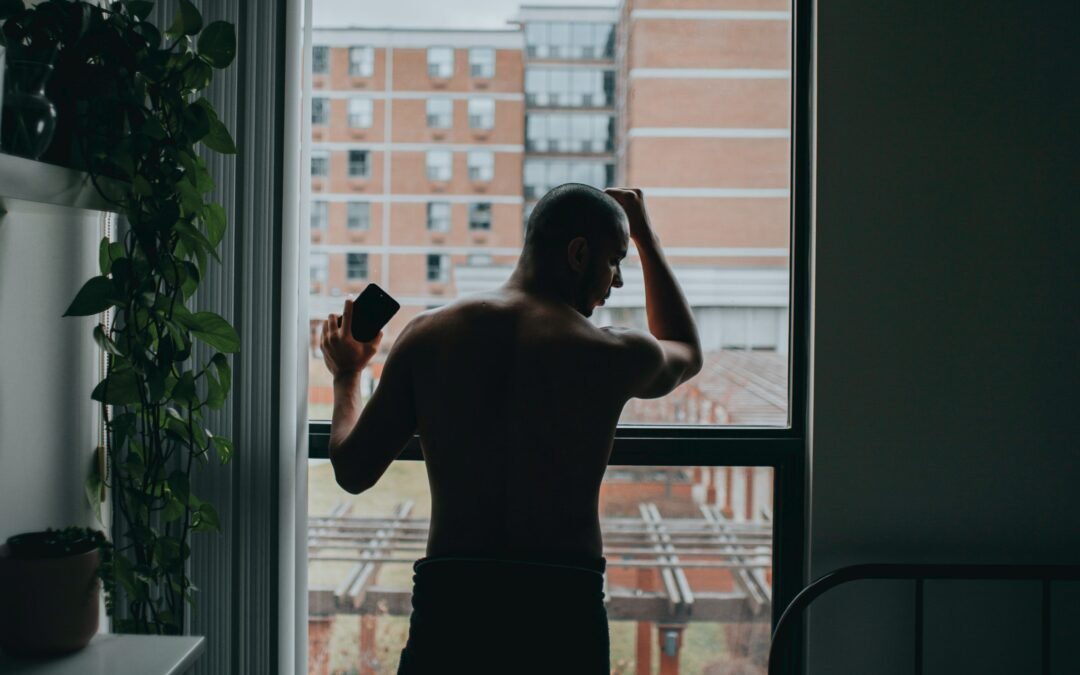Culpa vs vergüenza
La comida debería producir una sensación de satisfacción, de placer, de deleite… pero a veces, podríamos experimentar un sentimiento de culpa después. Normalmente, si has hecho dietas o si has intentado perder peso, comer tus alimentos favoritos podría hacerte sentir mal por ellos. No es necesario tener un trastorno alimentario para experimentar este tipo de sentimientos. Entender estas emociones y su origen es muy importante para reducir el impacto que tienen en ti.
Experimentar sentimientos de culpa y vergüenza después de comer es muy común entre la gente. Sentirse culpable puede ser: He hecho algo malo, mientras que sentir vergüenza podría ser: Me he equivocado. He aquí algunas formas de detectar comportamientos poco saludables y de detenerlos:
Deja de decirte a ti mismo lo que “debes” o “no debes” comer: En el momento en que digas que no debes comer algo y lo hagas, te sentirás culpable. En lugar de eso, intenta usar: “Quiero esto y puedo comerlo hoy, y lo otro, puedo comerlo mañana”.
- Haz una lista de alimentos difíciles con los que a veces tienes problemas. Introdúcelos poco a poco en tu dieta como terapia de exposición.
- Come con atención: trata de pensar realmente en lo que estás metiendo en tu cuerpo y en cómo lo estás nutriendo y tratando. ¿Cómo estás retribuyendo?
- Deja de seguir las cuentas de Instagram que puedan desencadenar estos sentimientos y, en su lugar, busca otros modelos que te motiven.
- Practica cómo te hablas a ti mismo como si estuvieras hablando con tu pequeño yo.
Recuerda que la forma en que comes y te tratas a ti mismo es extremadamente importante. Tu voz es la única que está en tu cabeza, sé amable contigo misma. Recompensa a tu cuerpo por todo lo que hace comiendo limpio, hablando bien y moviéndolo. Eres increíble y has hecho este reto tú solo. Recuerda recompensarte, te lo has ganado.
Guilt vs shame
Food should come with a feeling of satisfaction, of pleasure, of delight…but sometimes, we might experience a feeling of guilt afterwards. Usually if you’ve done diets or if you’ve tried to lose weight, eating your favourite foods could make you feel bad about them. You don’t have to have an eating disorder to experience these types of feelings. Understanding these emotions and where they come from is very important to reduce the impact they have on you.
Experiencing feeling of guilt and shame after having a meal are very common among people. Feeling guilt might be: I’ve done something wrong, whereas feeling shame could be: I am wrong. Here are a few ways to spot unhealthy behaviours and stop them:
- Stop telling yourself what you ‘should’ or ‘shouldn’t’ eat: The moment you say you shouldn’t eat something and you do, you’ll feel guilt. Instead try using, I want this and I can have it today, and that other thing, I can have it tomorrow.
- Make a list of difficult foods you sometimes struggle with. Slowly introduce them into your diet as an exposure therapy
- Eat mindfully: try to really think about what you’re putting into your body and how you’re nourishing and treating it. How are you giving back?
- Unfollow accounts on instagram that might trigger these feelings and instead look for other role models that motivate you instead.
- Practice how you talk to yourself as if you were talking to toddler you.
Remember how you eat and treat yourself is extremely important. You voice is the only one in your head, be nice to yourself. Reward your body for everything it does by eating clean, talking nice, and moving it. You are amazing and you did this challenge all by yourself. Remember to reward yourself, you’ve earned it.








